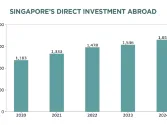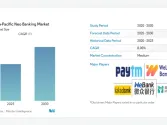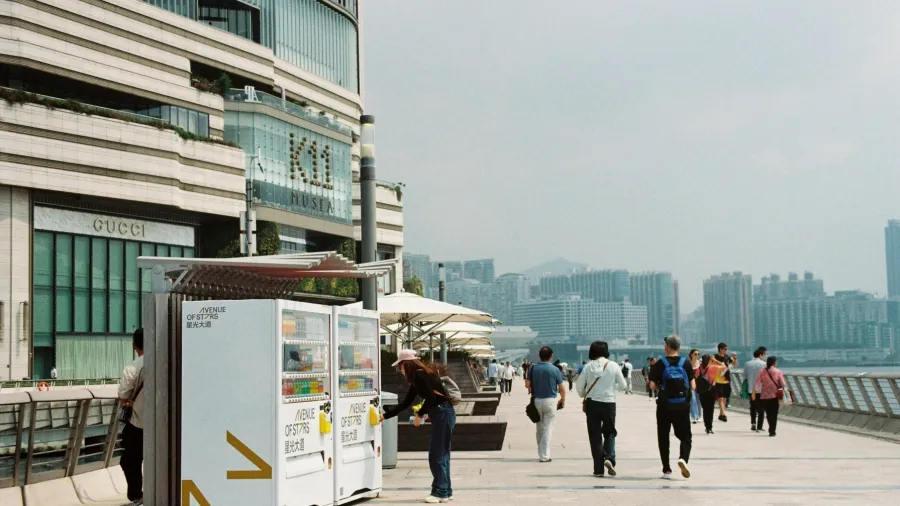
Relaxed commercial event rules may spur pop-ups, ease retail bust
Social interaction during events is the future of retail and mixed-use development.
A government push to relax approvals and fees for commercial events is expected to boost pop-up activity in Hong Kong malls that could help ease a year-long retail slump.
“With the new initiative, it would be a lot easier for landowners to allow and facilitate a wide variety of stakeholders to operate, maybe a weekend carnival or festival celebration, which can showcase new and independent stores,” Chris Law, government committee head at the city’s Urban Land Institute, told Retail Asia.
“It can add a lot of interesting, innovative, and exciting offers to existing retail, food, and beverage offerings in shopping centres,” he said via Zoom. “With the possibility of more pop-up stores, people might return just two weeks after their visit.”
Retail sales in Hong Kong dropped 13% year on year to $29.4b in February, extending a year-long streak of monthly declines, according to the Census and Statistics Department.
The pilot program that will run until 10 April 2027 allows landowners or mall operators to use some areas for commercial or promotional activities without having to seek a permit for multiple events.
The so-called waiver fees cost $17,000 for the first month and $5,000 a month after, down from more than $60,000 per event.
Operators can use as much as 20% of open spaces in private developments and approval time is down to about a month. Noncommercial events are free.
In 2024, Hong Kong shopping malls hosted several pop-up events, including Fashion Summit 2024 at AIRSIDE, K-pop group NewJeans’ Supernatural POP UP at Hysan Place, and the Avantgardey Official Pop-up at Festival Walk.
Pop-ups — temporary retail space that open for a limited time, often to sell seasonal items or promote a brand — held in malls this year include the Artist-Made Collection by SEVENTEEN at YOHO MALL I, PopCorn x Time Out Tasting Grounds at PopCorn 1, and the Chill Guy Pop-Up at Festival Walk.
Revenue from China’s pop-up store market is expected to more than double to $852b (CNY800b) this year from 2021, showing the format’s growing influence on retail sales and consumer traffic, according to a 2024 study by Yuyang Gao from the International Department of Jinling High School Hexi Campus in Nanjing.
Jason Kwong, head of land consultancy at Colliers Hong Kong, said the eased rules could boost the income of tenants in commercial spaces, whilst also making the properties and their occupants more visible.
Social interaction during events, pop-up or otherwise, is the future of retail and mixed-use development, along with space for newer, independent stores, Law said. These events would also encourage more placemaking, creating spaces that boost social interaction, support local businesses, and foster a sense of belonging, he added.
“Placemaking can offer enormous, untold advantages to landowners or property owners because when people start to identify with a place, they build a solid relationship with it and will return again and again,” Law said, citing placemaking efforts at Tong Chong Street Market and Tai Kwun.
Kwong expects the scheme to benefit big developers the most, including Henderson, Hysan and Chinachem, and Sun Hung Kai.
Henderson has committed at least 25,000 square meters of open spaces at Site 3, Harbourfront in Central. Hysan and Chinachem will provide at least 6,000 square meters at Caroline Hill Road, while Sun Hung Kai offers no less than 6,550 square meters at Sai Yee Street, Mong Kok, he added.


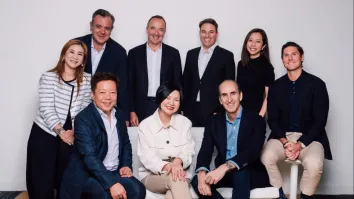
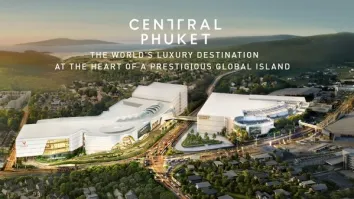













 Advertise
Advertise
